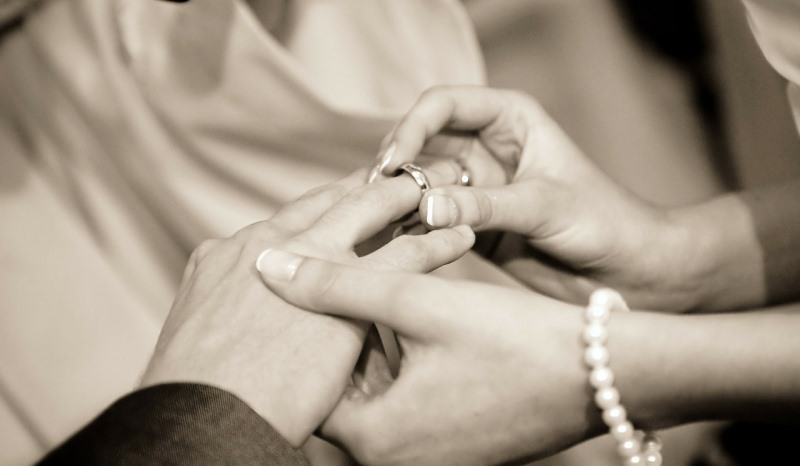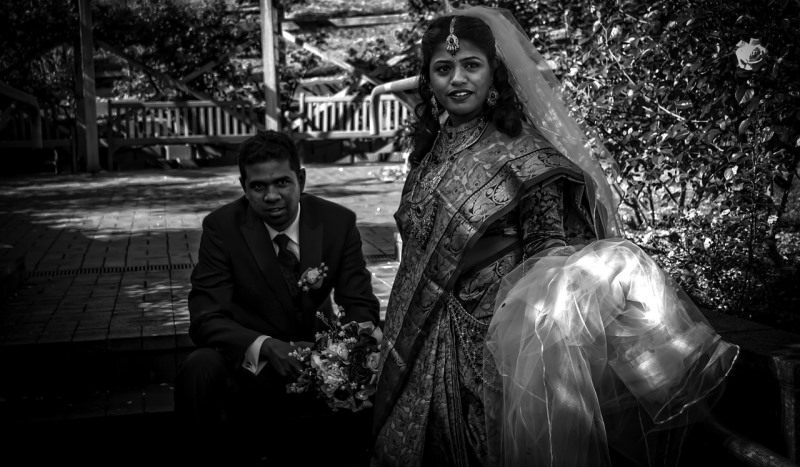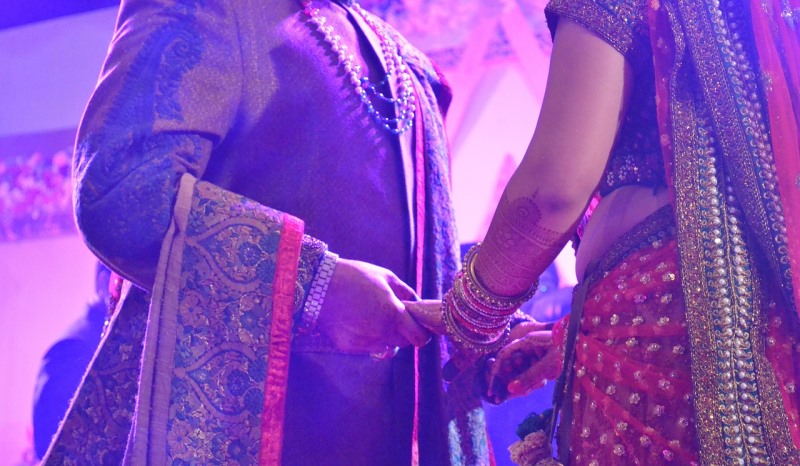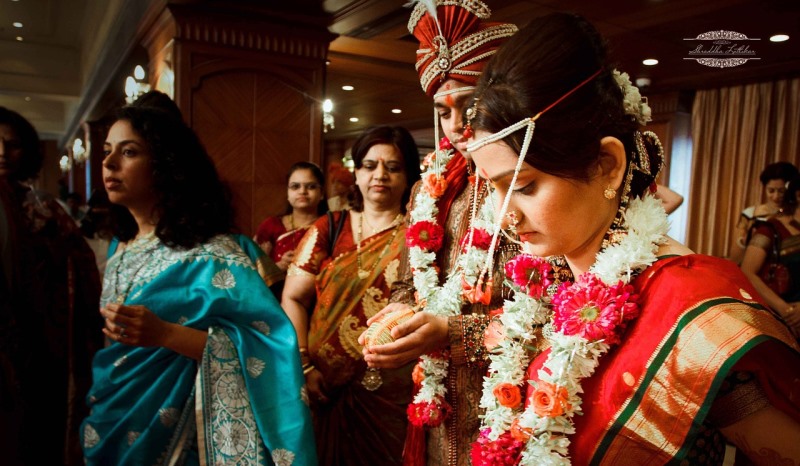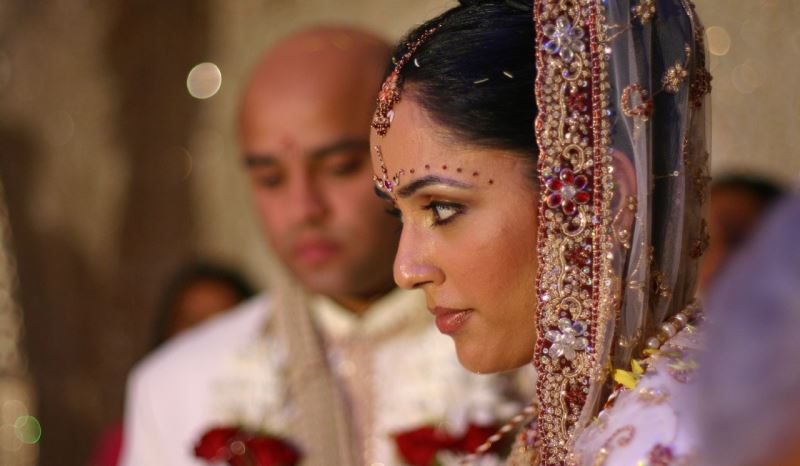For a long time now, ‘marriage’ has been comatose with little or no hope of survival. Whether or not marriage is dead is an area of contention that we may do well to look into a few minutes later, but one fact that remains certain about the critical condition of ‘marriage’ grappling with life and death in the ICU is that it certainly is trudging towards ‘clinical death.’ With just 20% of 18-29-year-olds married in the US and more than 48% of the same group single in India, statistics seem to evince the gradual cessation of the pulse rate that keeps ‘marriage’ alive as an institution. Of course, there is still time to pronounce marriage ‘legally/biologically dead’ but given the dramatic swing of statistics that tip the scales in favor of those who want to say ‘I don’t’ against those who possibly take the vows because they are willing victims of a routine and do not want to be ‘single,’ it isn’t surprising that marriage is being denounced as an optimal arrangement for solidifying one’s commitment to a loved one. The several definitions of marriage as a shifting cultural/social institution and its purposive nature thereof is being called into question and rightfully so!
Image source: Pixabay, under Creative Commons License
Whilst there was a time when marriage was an optimal mechanism for survival because two pairs of hands were better than one, there also was an age that saw marriage being appropriated as a tool for empire expansion, family growth, and even plain conformity to social standards about ‘the right marriageable age.’ With a rapidly increasing focus on discrediting economic models, faulty considerations about child-rearing and parenthood, and unequal gender norms as befitting reasons to champion marriage and its necessity, it is clear that the current generation is looking at the larger picture of what a union between two people should be like, rather than what is. They know that associating child-bearing or intertwining the socio-economic strands of the issue with something as personal as marriage is outdated. The youth of our country is not only denouncing ‘traditional marriage’ but also questioning the basic premise on which most matrimonial alliances are founded – the start of a family. Socio-cultural beliefs, religious and moral values or even the idea that children should be raised by ‘married parents’ – all seem to interfere with the critical dialogue that the modern generation wishes to initiate. And whilst the youth is geared to deflate these ‘so-called justified reasons’ in favor of marriage, there is not enough support to make the reverberations resound loud and high throughout the country. But I am sure there will be, someday! <fingers crossed>
Image source: Pixabay, under Creative Commons License
There are several reasons why the youth seems to be disillusioned with the traditional marriage model and wants to upgrade to a model (not necessarily of marriage) which is founded on the tenets of true friendship, companionship, love, care, and respect for each other. Of course, sweeping socio-economic changes seem to be the reason behind delaying/denying marriage too – but in favor of a ‘marriage’ model that is truly ‘a-cannot-wait-to-spend-an-eternity-with-you’ arrangement rather than a match made because one is ensnared in a routine of being habituated to the other’s presence or simply because one’s parents adjudge it to be ‘the best’ course of action for you. With women pursuing their ambitions and entering a workforce that is increasingly getting progressive and hospitable (although still problematic) and redefining their identities as ‘free’ from any other individual’s, it is inevitable that ‘marriage’ be looked at as anything but a ‘convenient option’ when nothing else works.
In the face of the above, it isn’t surprising that ‘marriage’ (as we’ve seen it) is dead. And some of the reasons why marriage is dead are listed below:
1. Legal status of live-in relationships
Image source: Google, copyright-free image under Creative Commons License
With the Supreme Court having given an affirmatory nod to any arrangement (live-in or otherwise) in the ‘nature of a marriage,’ in conformity to guidelines in Section 2 of the DV act, the youth feels less obligated to put their ‘relationship’ down on paper. The parameters formulated by the apex court in relation to a live-in relationship include the following: duration of period of relationship, shared household, pooling of resources and/or financial arrangements, domestic arrangements, sexual relationship, children, socialization in public, intention or conduct of the parties. The Parliament has also accepted the plea for proper legislation/amendment to the act that may serve to protect the rights of women in such relationships and the children born thereof. As such, the modern generation does not feel inclined towards embracing matrimony.
2. Freedom to chalk out one’s own paths
Image source: Google, copyright-free image under Creative Commons License
In India, marriage is the union of two families. With wonky work hours, more and more liberal mindsets and greater independence, youngsters do not find the prospect of adapting to a rather conventional mode of living a welcoming one. They do not feel the need to invest in making their decisions/lifestyle choices clearer to a generation which does not see eye-to-eye on every matter – trivial or significant. The process of dealing with interfering/condescending/criticizing/reprimanding in-laws is not quite a desirous one!
3. An ever-increasing need to avoid the ‘added responsibility and pressure’
Image source: Pixabay, under Creative Commons License
Marriage is hard work. It is a ‘full-time’ responsibility which when shared with the right ‘partner’ is quite enjoyable. However, when you team up with the ‘wrong’ partner, marriage becomes a burden you would want off your back as quickly as possible – which brings us to the next reason on our list.
4. Improper/inadequate judicial structures and legislation, in relation to marriage
Image source: Google, copyright-free image under Creative Commons License
With a divorce being an incredibly tedious, tiresome, and laborious process (not to mention trying!!!) in our country, people think they are better off without the burden. The modern lifestyle has too many trials and tribulations as it is, and the ‘pragmatic’ younger generation is better off without adding to it!
5. Several other options for parenthood
Image source: Pixabay, under Creative Commons License
If parenthood is a desirable option, there are many other options available, apart from bearing children in wedlock. IVF, surrogacy, adoption are just a few of the alternatives available to people desirous of being a proud parent, without the hassle of marriage.
6. The financial drain
Image source: Shutterstock
This is one of the foremost reasons why marriage, as we know it, should be discarded. A big fat wedding that blows up lakhs and lakhs of rupees to feed people that the wedded couple may not ever see again is an idea that eludes my understanding. Plus, the idea of pooling financial resources to handle the ‘joint responsibility’ of marriage is not quite a desirable outcome to many.
7. Misuse/abuse of Section 498A (Dowry Act)
Image source: Shutterstock
The misuse of the dowry act (Section 498A of the Indian Penal Code) has caused many a men to rethink their marriage decisions and for good reason. The loopholes within the legal paraphernalia make it easy for some women and aggrieved parties to exploit the law and use them to extricate an exorbitant amount of compensation for living allowances/monthly maintenance, damages, and even property rights from the alleged offender. As such, marriage seems like a ‘potentially fatal trap’ that more men are choosing to steer clear of.
8. The influence of the West
While the West has declared that ‘marriage is dead,’ with a whopping 58% of the population single and presumably ‘happier’ than their married counterparts, it seems like the West is promoting the concept. India, as such, seems to borrow heavily from the West in the realm and ape the ‘singledom’ merits. While it does not need rocket science to decipher why the ‘getting rings, getting a divorce lawyer’ is completely ‘okay’ in the West and not so much here, it seems that the modern generation in India is not rooting for a blind imitation and seems to weigh the merits of celebrating singledom against the demerits of the institution of marriage, finding the scales tipping in the favor of the former.
9. The general ‘marriage scene’
Image source: Google, copyright-free image under Creative Commons License
It is no big surprise that more and more marriages (love and arranged alike) are fraught with disillusionment. It is not long before the tedium, monotony, and sterility of an unfulfilling marriage of convenience (either born out of habit or out of mutual agreement, often of families) breaks the ‘bond.’ As such, more and more youngsters are losing their ‘faith’ in the concept and deem it ‘dead’ altogether. They see and hear about horrifying cases of infidelity, violence, codependence, neglect, abuse – both physical and emotional – all within the ambit of holy matrimony and root stronger and harder for its death, so that it can never be resurrected again.
10. The need for ‘real deal’
Image source: Pixabay, under Creative Commons License
However, it would be wrong to say that there is no respect in the minds of the current generation for marriage. What it does want to weed out is the idea of the ‘indestructible’ forces that govern its foundation. Whilst people worry that the ‘liberal’ thoughts of the younger generation are destroying marriage, making it breathe its last, what is happening is actually quite the opposite. Marriage is becoming more of a shifting cultural reality wherein young people are opting for marriage only when they genuinely want to. And that they are willingly committing to building, sustaining, and nurturing a solid nominal of their love, the foundation on which a marriage can exist and thrive.
Thus, ‘marriage’ (in its conventional sense) is dead. And surely so.
However, the progeny of the dead marriage is quite an altruistic form of matrimony that young people choose when they know they don’t ‘have to’ get married but one where they ‘want to’ because they love each other.
Featured image source: Pixabay, under Creative Commons License
